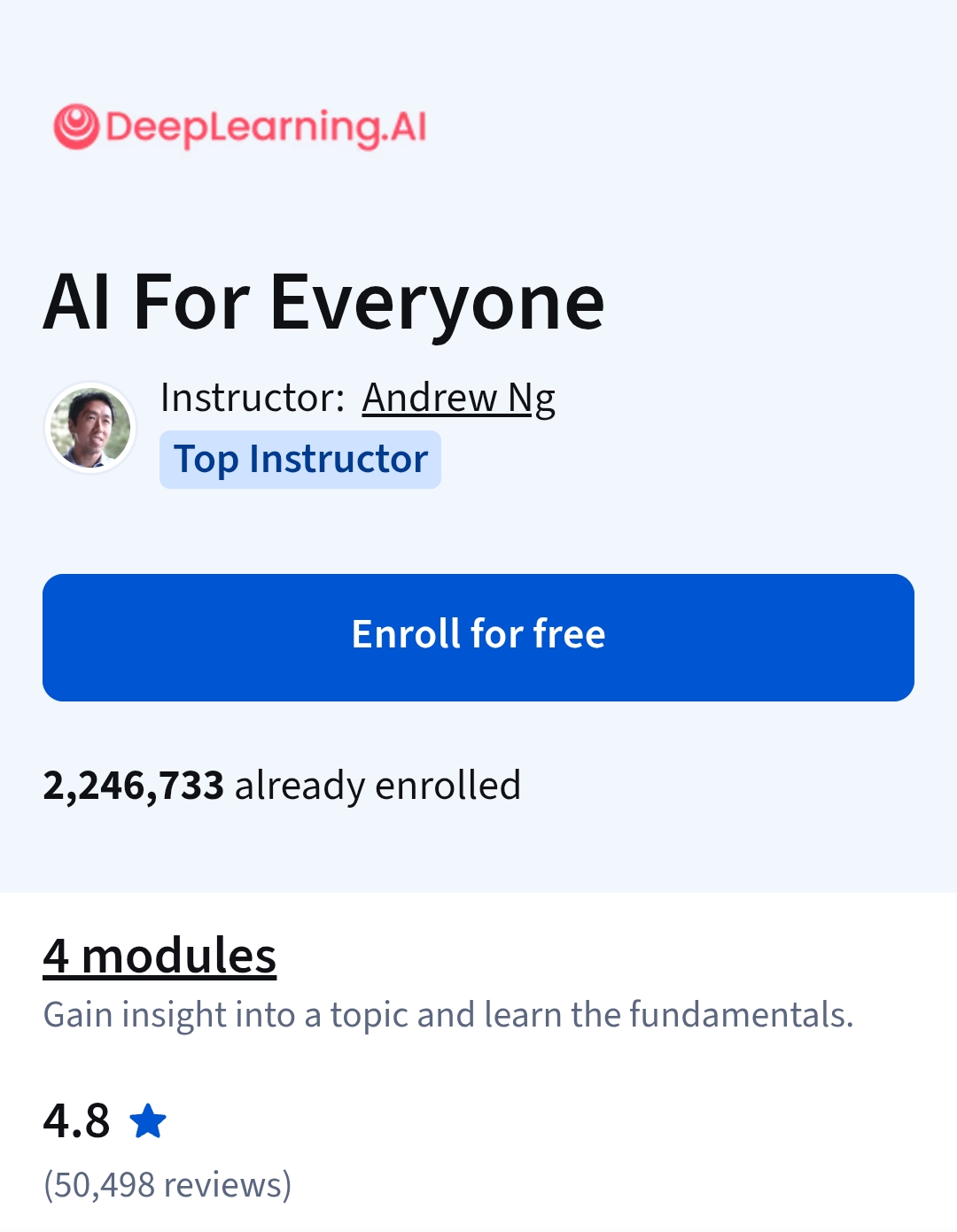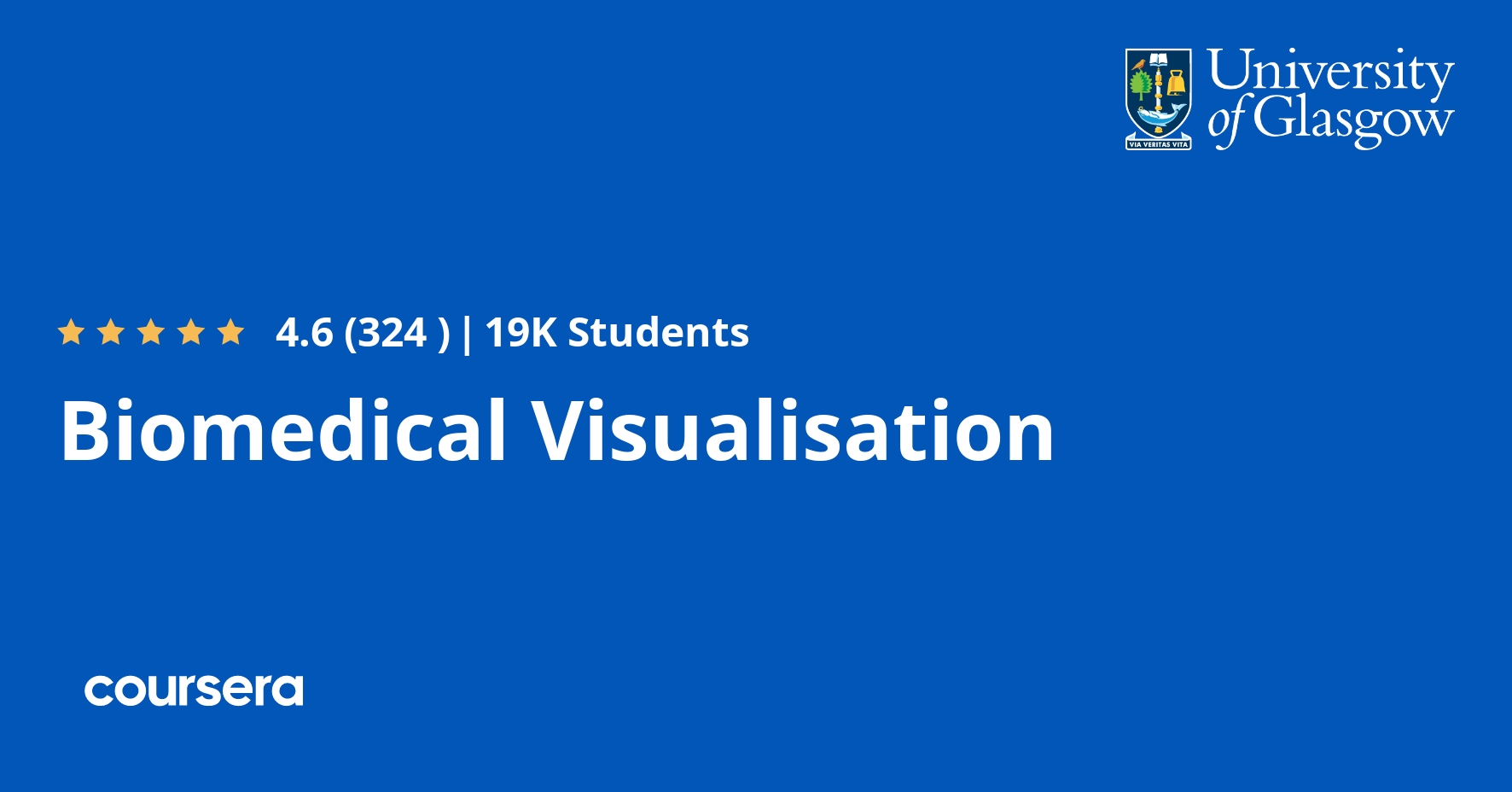Description
Visualisation is a rapidly progressive specialty in academia, research and industry, and becoming the future of science. With the advancement of digital technologies and their applications, biomedical visualisation is an evolving and popular field. With new techniques and technologies to image, process and analyse data related to the human body, and its biological processes, it is at the forefront of the digital revolution. Why not view our course trailer video. Copy and paste this link into your browser https://youtu.be/vB_QcIVSiTs
By the end of this course, you will be able to:
Define and describe anatomical terminology related to the human body.
Describe the various body systems, what comprises them, and how they relate to function.
Create your own 3D modelling and animations using industry standard, open-source software (Blender).
Analyse various visualisation techniques and methods, and be able to apply them to areas of biomedical science.
This course is the first of its kind on Coursera. It explores the structure and function of the human body including terminology used. It showcases visualisation techniques available using technology to image and display data related to the body and biological processes.. It also provides training in the creation of animations, and examines the applicability of different types of reality.
You will learn from experts in these fields and with the knowledge you will gain from this course, be able to evaluate and apply how best to use visualisation in your own discipline.
No prior experience is necessary but should be able to learn at an intermediate level.





